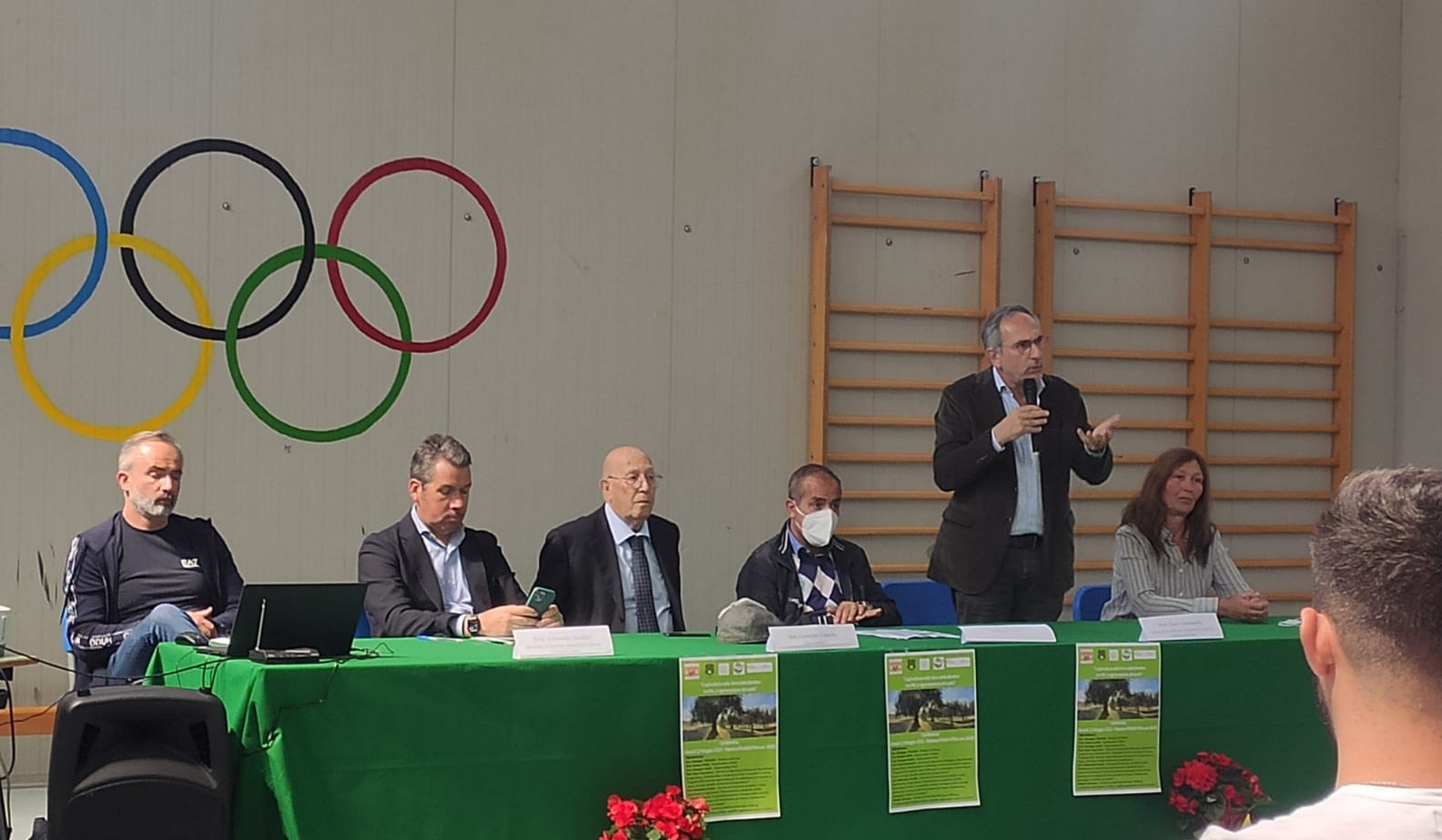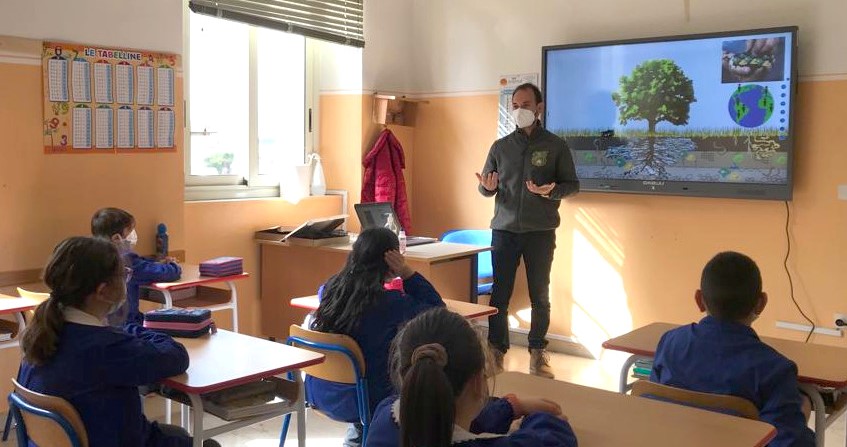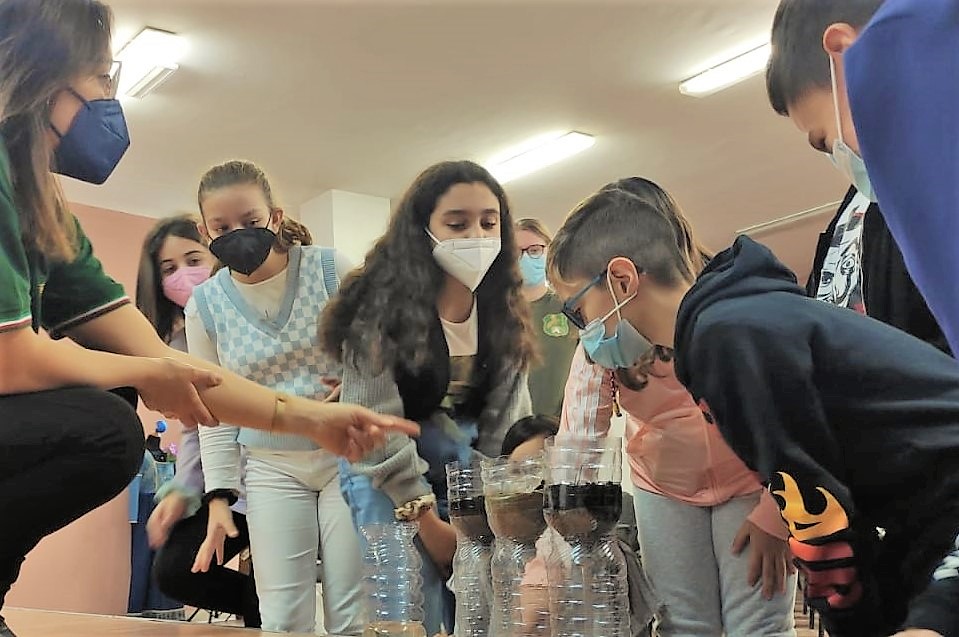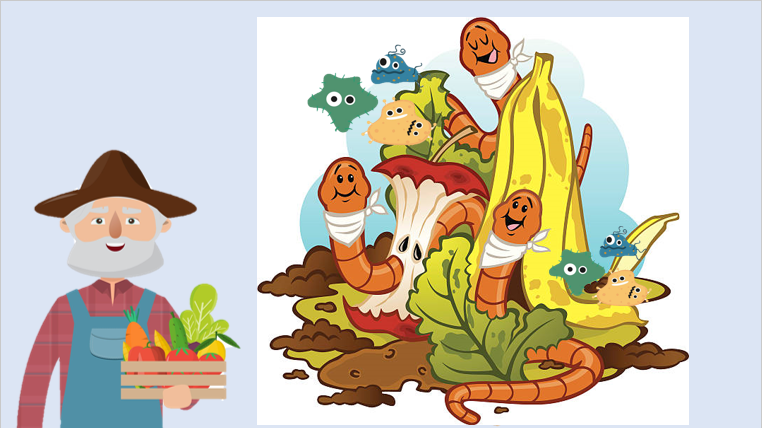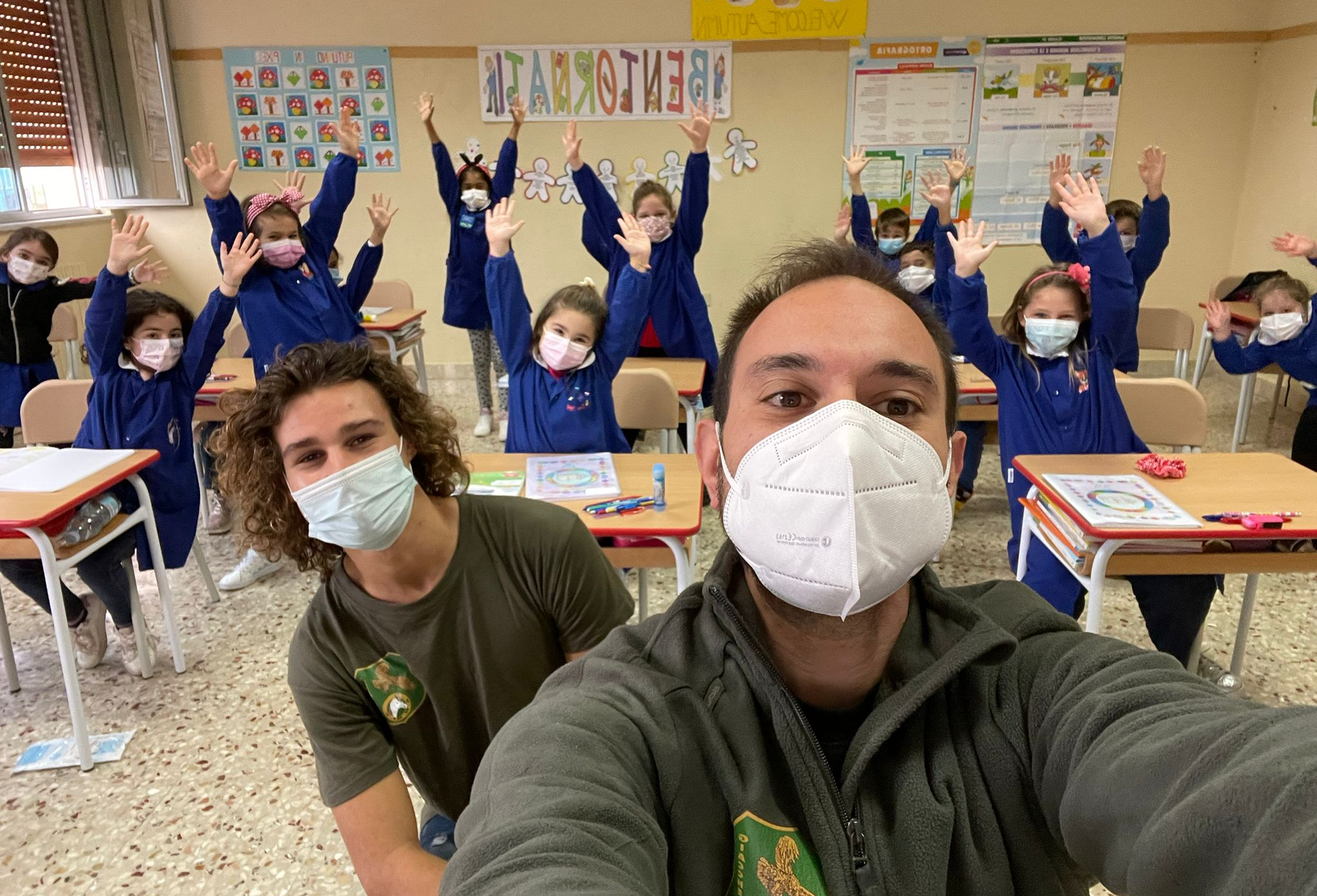It also motivates faster biodiversity loss, which poses a risk to the existence of human civilisation. Partnering organisations in the Climate Action to the Table project are spreading important messages through the organisation of different events, trainings for educators, interactive games for children and much more.
As part of the Climate Action to the Table project Fundesplai from Barcelona, Spain and Umanotera, The Slovenian Foundation for Sustainable Development from Ljubljana, Slovenia are organising live and online events and conferences on the topics of climate friendly and sustainable food.
1st event: Civil society participation in shaping sustainable food systems
Fundesplai (lead partner) organised the conference “Civil society participation in shaping sustainable food systems” (January 2022, online). Speakers from various backgrounds presented the importance of strengthening the link between food growers and consumers, the importance of promoting organic food and the role of local economies in shaping sustainable food systems.
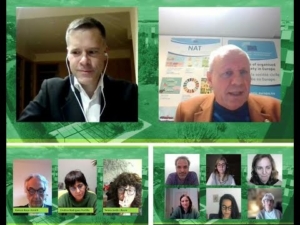
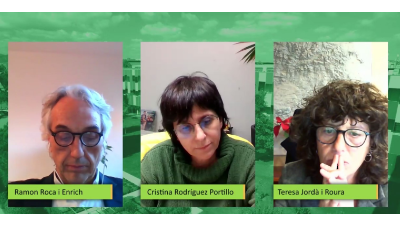
2nd event: National conference about climate friendly catering
At the National conference about climate friendly catering (March 2022, Ljubljana) organised by Umanotera Slovenian and foreign speakers spoke about the importance of sustainable catering practices and shared their practical experience about reducing environmental impact through food.
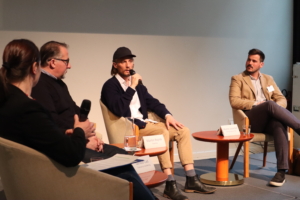
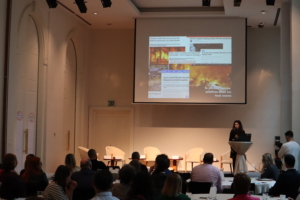
Recording of the event part 1,
3rd event: Sustainable school food: Global challenges, local solutions
At the conference “Sustainable school food: Global challenges, local solutions” (April 2022, online) organised by Fundesplai, school food programs were compared by country. Different countries and realities were presented in order to show how they cope with different challenges regarding school food programs: minimizing waste, reducing the consumption of animal protein and increasing the consumption of fresh and local food.
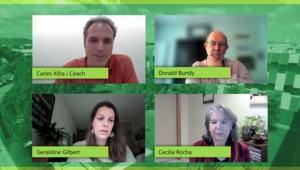
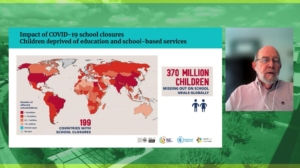
4th event: Practices for a sustainable restaurant business
The conference “Practices for a sustainable restaurant business” (May 2022, Barcelona) by Fundesplai was attended by members of other partner organisations in the project.
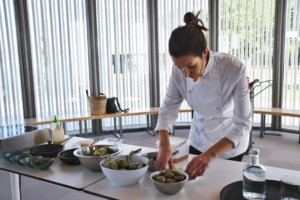
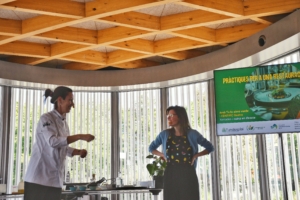
5th event: Environment-friendly and healthy food – how can we recognise it?
This event was organised by Umanotera in collaboration with Slovene Consumers’ Association. The title and also the main question of the event was: Environment-friendly and healthy food – how can we recognise it? (May 2022, online). The speakers discussed sustainable certificates and labels, the consumers’ role and greenwashing in food labelling – both from a consumer and a systemic point of view.
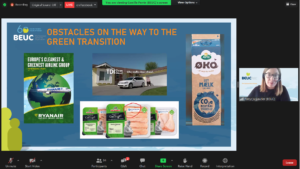
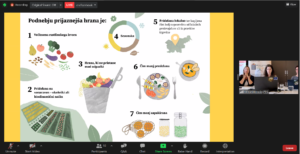
All the events were attended by a large number of participants who agreed that adopting more sustainable food consumption patterns is of utmost importance – we will not solve the climate crisis only by changing our own food decisions, but the current crisis cannot adequately be addressed without it.
There are more interesting events and content to come in the upcoming months, until the end of the project in February 2023.


